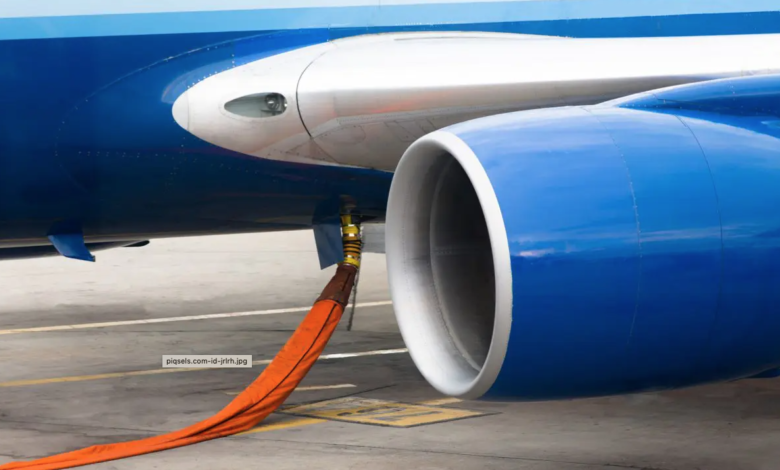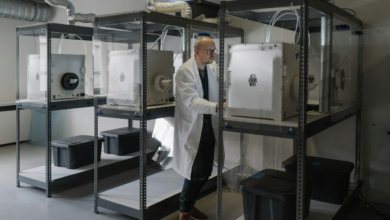Want to make sustainable aviation? Pay 21 euros more per ticket
In total the account for sustainable aviation is almost 1,900 billion
The transition to net zero will cost European aviation more than €800 billion more than expected, bringing the total bill to almost 1,900 billion over the next 27 years. A figure that airlines and other operators in the sector are not able to invest. And they will then be fully downloaded to citizens through higher rates. On average, the ticket will cost 21 euros more until 2050. This is stated by a study, commissioned by the main industrial players in the sector, which analyses the real costs to make sustainable aviation in Europe.
This additional 820 billion comes from the analysis of the measures proposed in Destination 2050, the roadmap prepared by the industry itself to bring the sector to zero emissions by the middle of the century. The study gives estimates in detail.
How to make sustainable aviation by 2050?
It will take 441 billion to introduce sustainable aviation fuels (SAF), the area where more than half (54%) of the total money ends. A further EUR 152 billion will cover carbon prices and other economic measures, while research and development for new aircraft needs EUR 100 billion. In addition, 80 billion will be used for fleet renewal with advanced and ultra efficient aircraft, 29 billion to improve air traffic management efficiency, and 18 billion to build the infrastructure needed to support alternative fuels.
Read also The EU also places transport in green taxonomy. But so saves fossils
“Access to finance to make the transition to zero emissions seems crucial when capital reserves are insufficient to make large upfront payments for new aircraft and infrastructure,” stresses the Sustainable Aviation Report, which repeatedly returns to the difficulties of the sector to increase investment given the low profit margins. “Ensuring access to funding for aviation is key to achieving the “zero” goal. Access to “green” funding according to the taxonomy regulation is therefore of fundamental importance, in particular for the measures crucial to the achievement of the Destination 2050 objectives”, concludes the study.






